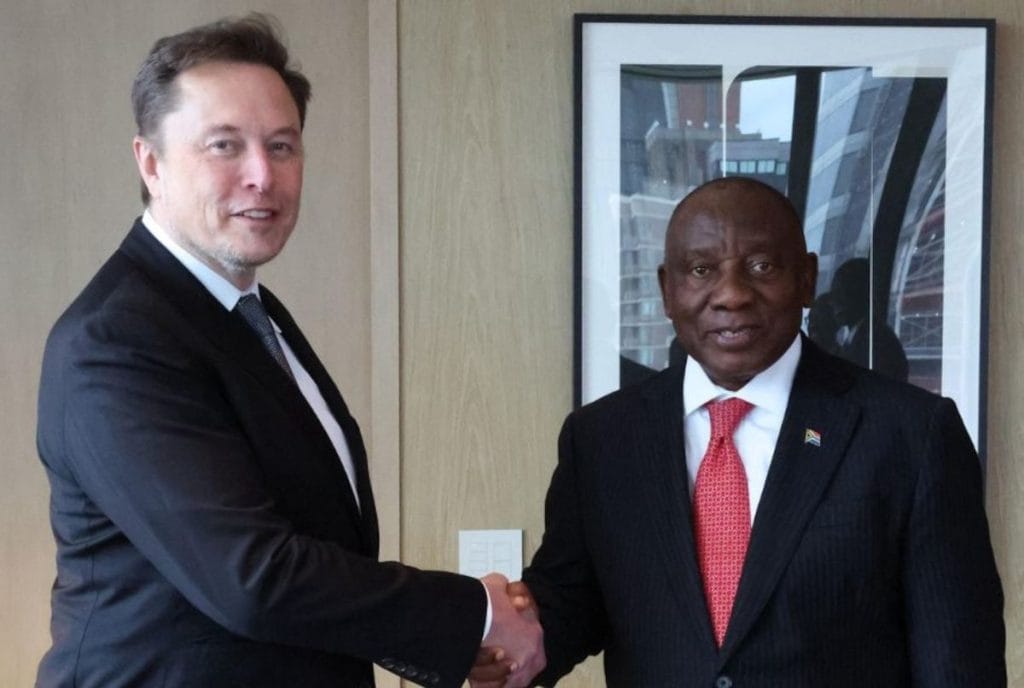South Africa’s government has unveiled draft policy changes that could ease entry for Elon Musk’s satellite internet company Starlink, among other foreign telecommunications firms, by relaxing strict local ownership requirements.
Currently, the Electronic Communications Act mandates that foreign-owned communications providers allocate at least 30% of equity in their South African subsidiaries to historically disadvantaged groups. This has been a major hurdle for companies like Starlink, which cited the requirement as a significant barrier to entering the local market.
In response, Communications Minister Solly Malatsi is proposing the adoption of “equity equivalent” investment schemes in the information and communication technology (ICT) sector — a model already used in industries like automotive manufacturing. These alternatives allow multinational firms to invest in areas such as skills development, infrastructure, or small business support instead of selling equity, particularly when global corporate policies prevent direct equity transfers.
According to the Ministry of Communications, this policy aims to boost investor confidence and accelerate broadband access across the country. “The policy direction seeks to provide the much-needed policy certainty to attract investment into the ICT sector,” the ministry stated.
The move follows a letter sent last year by Starlink’s parent company, SpaceX, to South Africa’s telecommunications regulator ICASA, arguing that the current ownership requirements were an obstacle to doing business in the country.
However, the proposal has drawn criticism from opposition lawmakers, who accuse the government of compromising transformative legislation to accommodate foreign interests. The Economic Freedom Fighters (EFF) party has vowed to resist any effort to dilute existing empowerment laws, stating, “We will oppose any reversal of transformative legislation.”
If approved, the new policy could reshape South Africa’s digital landscape and open the market to new international players, while also sparking a broader debate over the balance between investment incentives and economic transformation.



